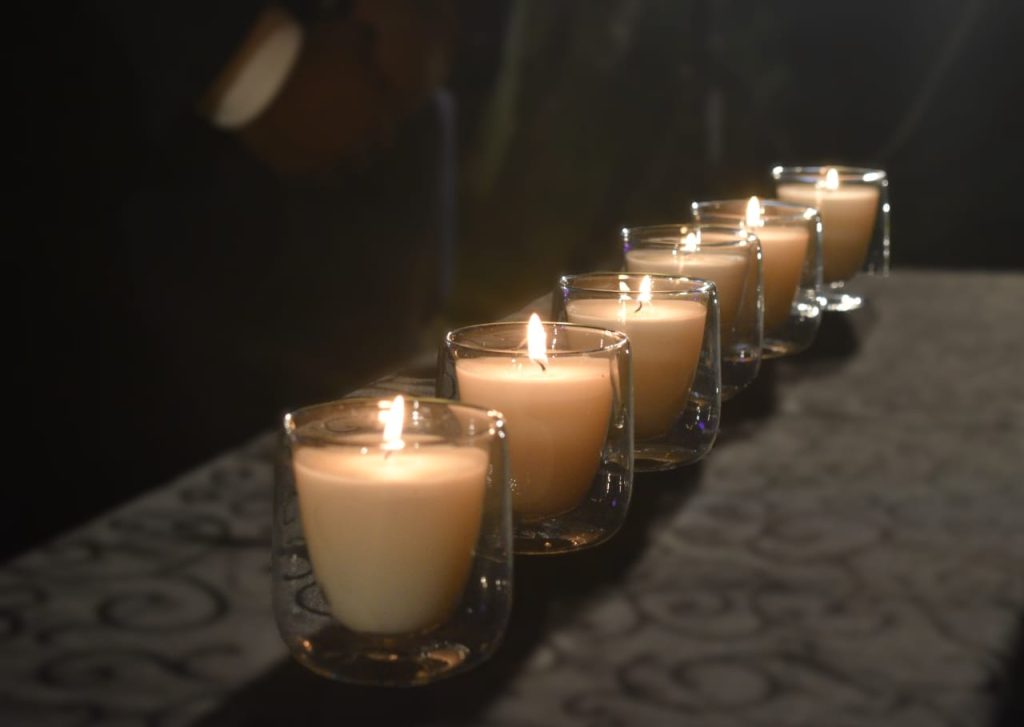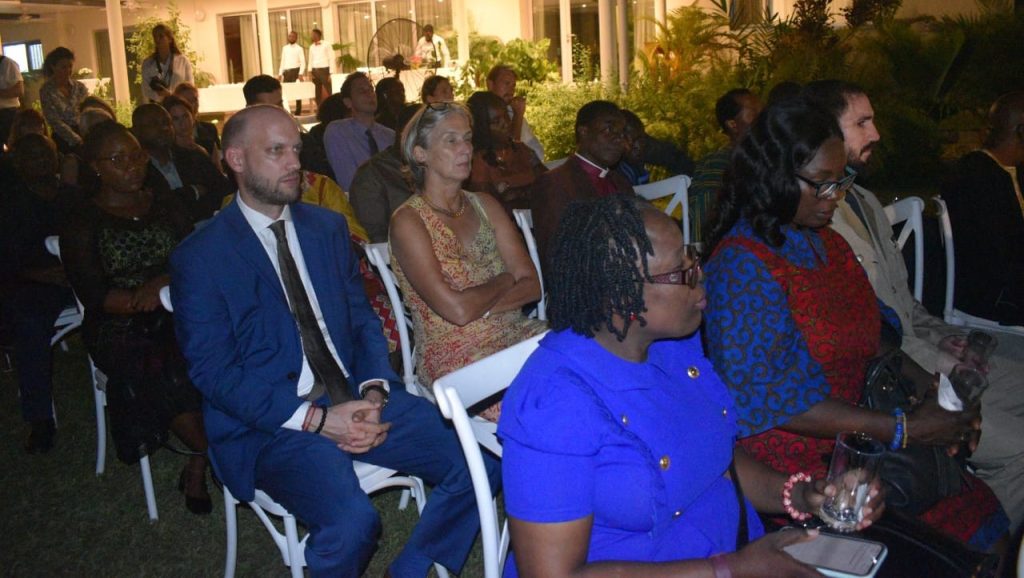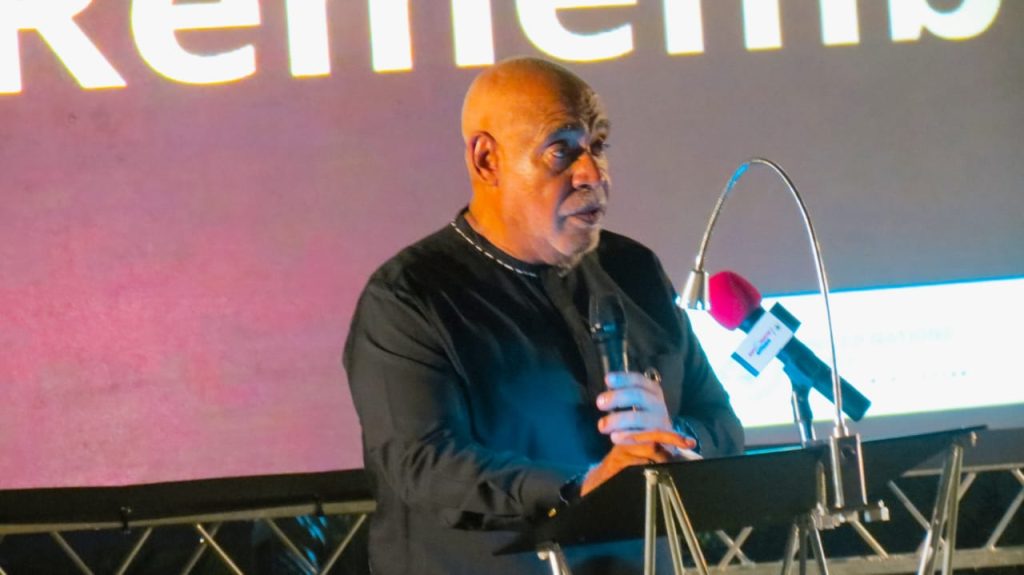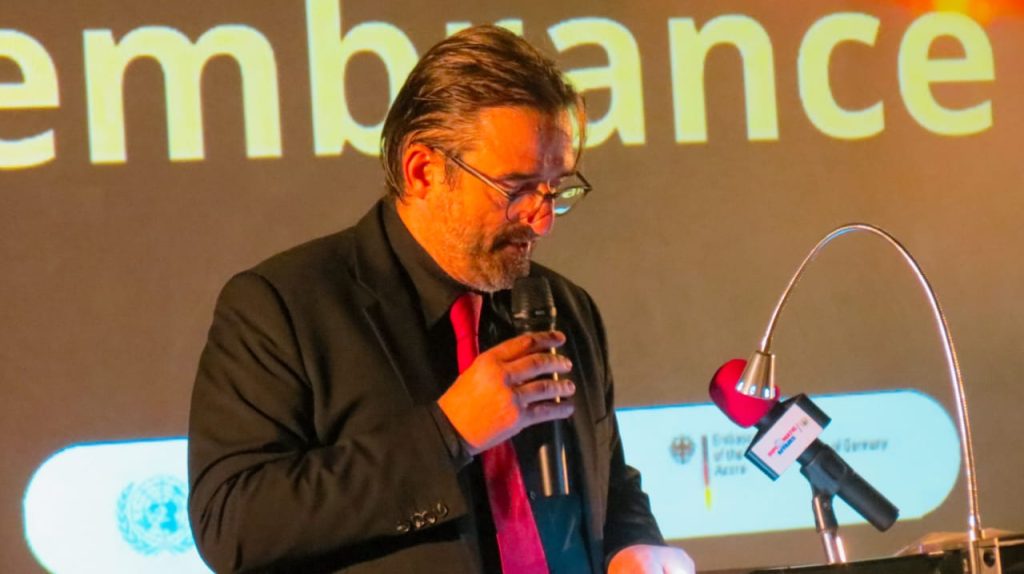James Amoh Junior
Accra, Jan. 31, GNA – Madam Shlomit Sufa, Israeli Ambassador to Ghana, has urged humanity to strive to create a world where the horrors of the past, including the Holocaust, serve as enduring lessons for all.
She said in memory of those who were killed and for future generations, it was a collective obligation of humanity to remember the lessons of the Holocaust, educate younger generations about the committed atrocities, and stand united against “forces seeking to divide us”.
“I stand here filled with a deep sense of pride and purpose. Yet, at the same time, I stand with a heavy heart and a sense of dismay, reflecting on the lessons that remain unlearned, the enduring presence of hate, and the biases that persist uneroded,” she said in an emotive address to commemorate International Holocaust Remembrance Day in Accra on Tuesday.
Ambassador Sufa, speaking at the solemn occasion at the residence of the German Ambassador, Mr Daniel Krull, said as a society, “we have an obligation to remember and understand the lessons of the Holocaust so that they serve as a warning where blind hate and racism lead.”

As part of the commemoration, guests, including the diplomatic corps, listened virtually to Miriam Prager, Holocaust survivor in Israel, born on December 16, 1942, braving the odds with resilience in the middle of the war in a small village in Skawina, Poland.
As usual, Jewish prayer and candle lighting for those who died was performed by Rabbi Noach Majeski with other clergymen, Amb. Sufa, Amb. Krull and Mr Charles Abani, UN Resident Coordinator in Ghana.
On January 27 each year, the UN remembers the Holocaust that affected many people of Jewish origin during World War II.
This year’s theme, “Recognising the Extraordinary Courage of Victims and survivors of the Holocaust” acknowledges the bravery of those who resisted nazi dehumanisation and fought for their dignity and humanity.

The Holocaust, or Shoah is the term used to describe the deliberate murder and desecration of over six million people prior to and during World War II in Germany and German occupied areas in Europe.
The Israeli Ambassador said as Jew hatred spiked around the world, “we must urgently act to ensure that the Jewish people can live safely, and Jewish life can thrive, be it in Kfar Aza, Kibbutz Be’eri or anywhere else in the world”.
“Urgent action against anti-Semitism is required,” she said, emphasising that there was no place in the 21st century for anti-Semitism.
Mr Abani commended the government and people of the State of Israel and the Federal Republic of Germany for collaborating with the UN to commemorate the solemn occasion, and worried that as the world remembered the Holocaust, the world continued to experience some traits of it.

He said despite the experience with the Holocaust, there was growing political instability, escalating hate and religious bigotry, increasingly driven and amplified through social media , artificial intelligence and information technology.
Mr Abani said, in Ghana, the UN continued to work closely with the government and key stakeholders to promote human rights, sustainable development, and peace while providing support in mitigating the drivers of hate speech and antisemitism in the Ghanaian space.
Mr Daniel Krull, German Ambassador to Ghana, who bowed in deep sorrow and regret, recounted the role Germans played in the Holocaust, reiterated Germany’s unwavering commitment to upholding the values enshrined in the UN Charter, including the respect for human rights for all and commitment to prevent genocide from happening ever again.

Germany, he assured, had chosen the path of peace and reconciliation when it was allowed to join the UN in 1973, some 50 years ago.
The German Ambassador said ever since, the UN had been an important centre piece in German Foreign Policy as reflected in its continued strong support for peace keeping, humanitarian assistance, achieving SDG, and fighting against climate change among others.
“Germany strongly engages in fostering a rule based international order, governed by rule of law not only by the law of force; an international order where the International Court of Justice must play an important role as an institution where any state can request that alleged violations of international law will be investigated and examined,” Mr Krull said.
GNA